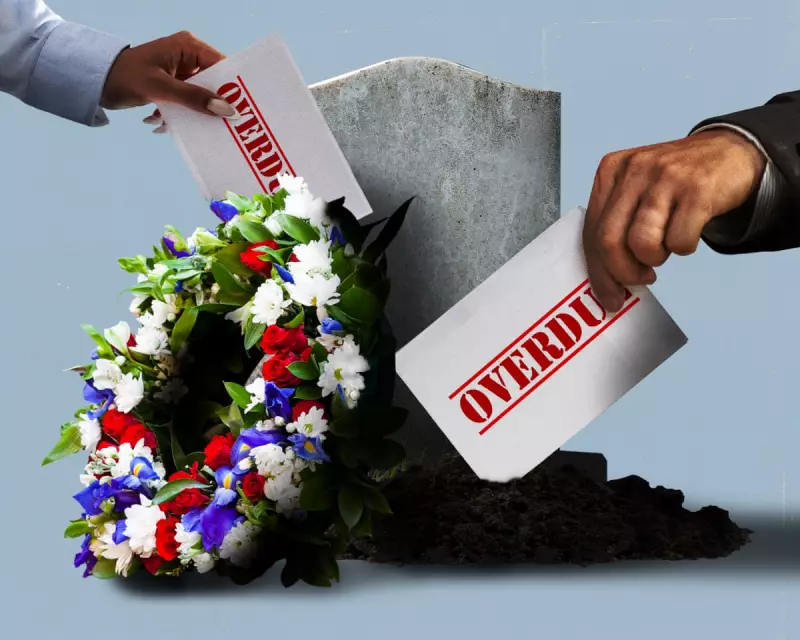
Grieving families across the UK are being subjected to a fresh wave of distress as major companies fail to handle bereavements with basic compassion and efficiency. A shocking new report from the UK Bereavement Commission exposes a system in crisis, where heartbreaking admin errors and relentless payment demands compound the agony of loss.
The 'Death Admin' Burden on the Bereaved
The report, titled 'Not Dead Enough', paints a grim picture of families trapped in a bureaucratic nightmare. Instead of support, they face a labyrinth of processes now grimly dubbed 'death admin'. The research found that a staggering three-quarters of people dealing with a death encountered significant problems when informing companies.
Common horrors include:
- Relentless payment demands for services from deceased relatives.
- Threats of debt collection and even court action for bills that should be closed.
- Repeated requests for the same death certificate or proof of probate.
- Being passed through endless automated phone systems and unhelpful call centre staff.
Energy Firms and Banks Among the Worst Offenders
The research identifies energy providers and banks as some of the most common sources of frustration. Bereaved individuals reported spending an average of six hours on the phone trying to resolve affairs, often while dealing with immense personal grief.
One respondent described the process as "a constant reminder of my loss at a time when I was least able to cope". Another was told by a call handler, "You need to prove she's dead".
A Call for a Compassionate Overhaul
The Commission is now demanding urgent action. Its key recommendations include:
- The creation of a mandatory Bereavement Standard to force companies to improve their practices.
- The development of a Death Certificate that can be used across multiple organisations simultaneously.
- Compulsory specialist training for customer service staff who deal with bereaved customers.
With an ageing population, the number of people dealing with these issues is set to rise dramatically. The report serves as a stark warning to corporations and policymakers: the current system is broken and inflicting unnecessary pain. It's time for a more compassionate and efficient approach to supporting families during life's most difficult moments.





